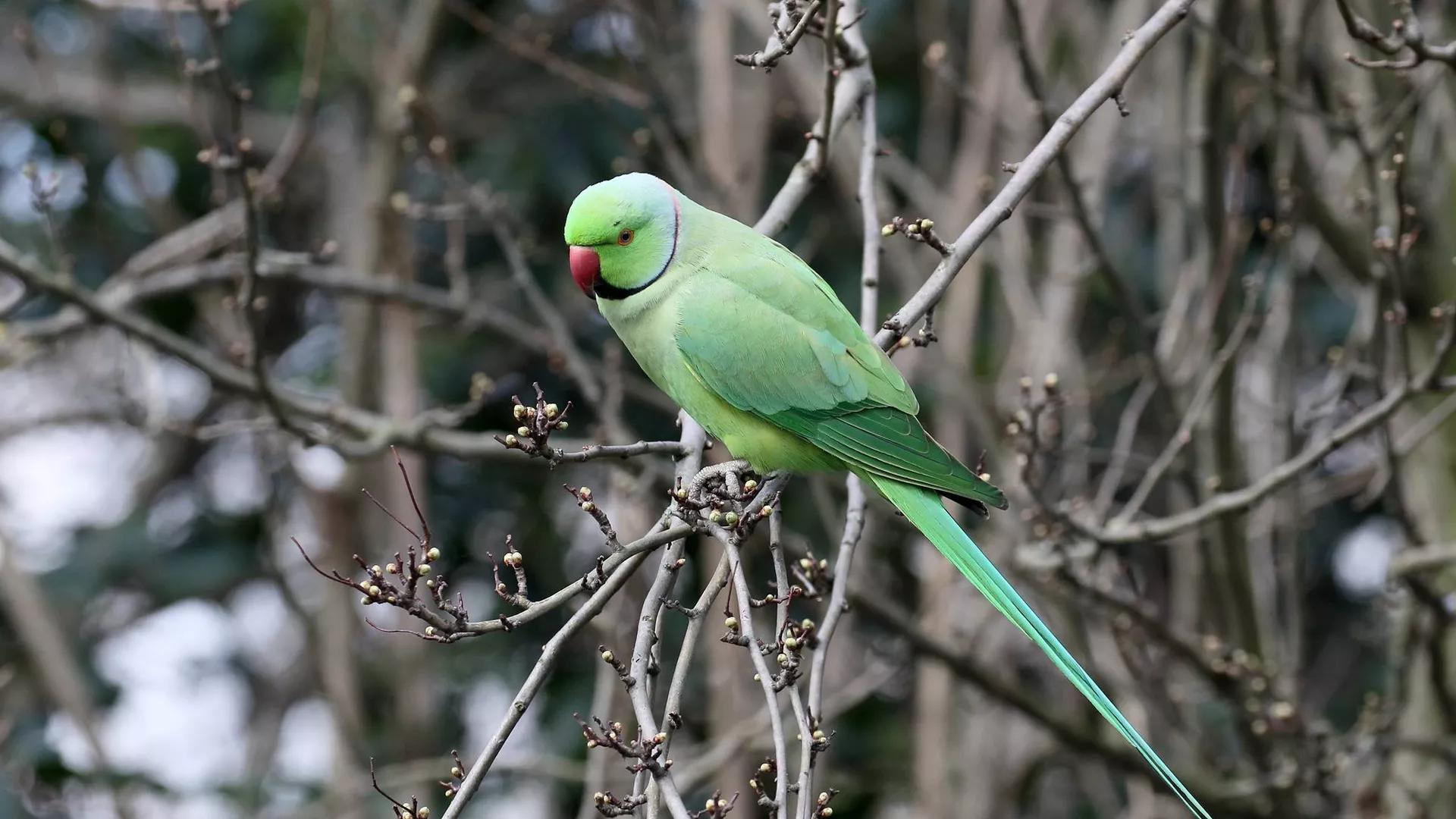Africa-Press – Cape verde. Parrots are known for their remarkable cognitive abilities and exceptionally long lives. In captivity, some have been recorded to live 80-90 years. The mystery of their longevity has eluded scientists for years but appears to have finally been cracked.
An international team of researchers discovered that parrots’ large brains are a key to their longevity. According to a study published in the Proceedings of the Royal Society B, parrots’ large brain size helps them adapt to nature.
In 2018, researchers from Carnegie Mellon University and the Oregon Health and Science University (US) conducted a genetic analysis of the turquoise-fronted amazon parrot and compared the results with the DNA of 30 other bird species. They found that the DNA of parrots contains genes that stimulate the activity of telomerase, an enzyme that determines the number of cell divisions before it dies.
This process is directly related to aging mechanisms in the body and something that epitomizes the secret of immortality – if telomeres are replenished forever, the cellular structure of biological organisms can hypothetically operate forever.
In the new study, scientists from the Max Planck Institute of Animal Behavior (Germany), the European Association of Zoos and Aquaria (Netherlands), the universities of New Mexico State (US), Southern Denmark (Denmark), Lethbridge (Canada) and other scientific organizations decided to look at the lifespan of parrots from a different angle.
Researchers have assessed the life expectancy of 133,818 parrots of 244 species, using data from more than a thousand zoos across the world. They faced a surprising diversity in life expectancy of these birds, from two years for a fig parrot and up to 30 years for a scarlet macaw. 30 years is a milestone that is extremely rare for birds of this size to hit, as larger species tend to live longer.
The scientists wondered whether parrots’ cognitive abilities affect their longevity. They considered two hypotheses. The first one stipulated that having a relatively large brain helps these birds live longer: the smarter the animal, the better it can solve the problems it faces in the wild. The second suggested that a large brain takes a long time to grow, and this process requires a long life.
The scientists tested both hypotheses with available data and simulations. The first one turned out to be true: parrots with a large brain are better at solving problems they face in nature, which allows them to live longer. In the future, the team intends to study whether sociality and learning ability affect the longevity of these birds.
For More News And Analysis About Cape verde Follow Africa-Press






